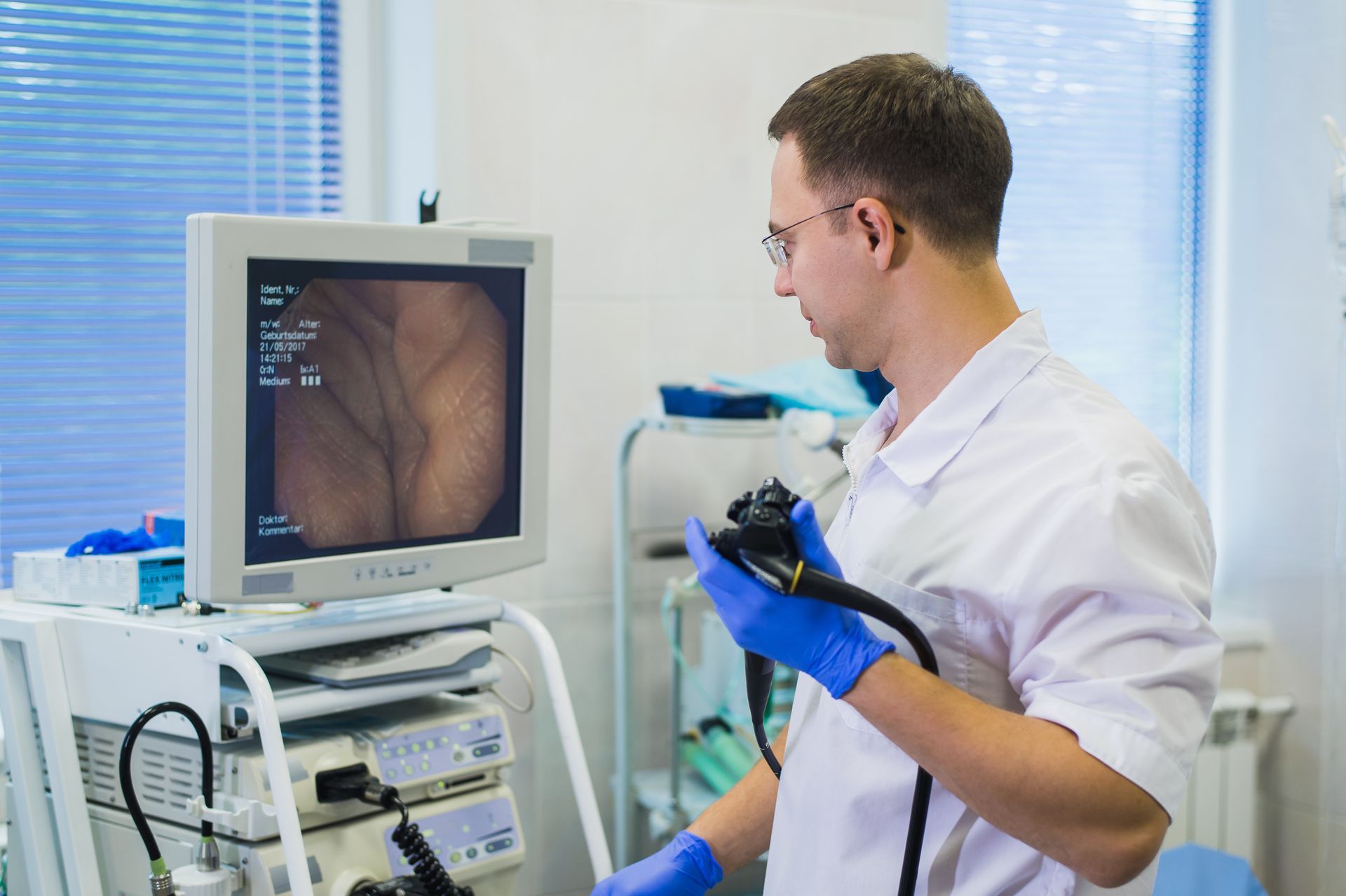Fatty Liver: Causes, Symptoms, and Proven Treatment Options
Your liver is a vital organ responsible for numerous bodily tasks and processes. When it does not function properly, it can impact your overall health. Your liver relies on healthy diet choices to function optimally and may become compromised if fat builds up in its cells. This condition is known as fatty liver disease or steatotic liver disease (SLD).
What Causes Fatty Liver Disease?
Fatty liver disease is simply an excess build-up of fat in your liver, typically over 5%. There are two main types of fatty liver: alcoholic-related liver disease (ALD) and Metabolic dysfunction-associated steatotic liver disease (MASLD), previously referred to as Non-alcoholic Fatty liver disease or (NAFLD).
- Alcoholic-Related Liver Disease (ALD) is characterized by fat build-up in the liver due to excessive alcohol consumption. When large amounts of alcohol are consumed, it damages liver cells and alters specific metabolic processes. The liver cannot replace the damaged cells quickly enough, leading to a build-up of fat cells that further impair liver function. Your liver can become enlarged, and you may develop hepatitis or swelling, which can then further progress to cirrhosis and lead to liver failure.
- Metabolic dysfunction-associated Steatotic Liver Disease (MASLD) is characterized by an excess of fat in the liver due to impaired metabolic processes like diabetes, obesity, or high blood pressure. Genetic conditions and side effects from some medications can also lead to MASLD. This type of liver disease can be further classified into simple fatty liver disease or Metabolic-associated steatohepatitis (MASH). MASH is distinguished from simple fatty liver disease by the presence of inflammation in the liver (hepatitis), which can progress to cirrhosis and liver failure when left untreated.
What are the symptoms of Fatty Liver Disease?
Fatty liver disease often progresses before any noticeable symptoms appear. Extreme fatigue or pain in the upper right side of your abdomen may be present in the early stages of the disease. Routine blood work may detect heightened liver enzymes, prompting further investigation. Once the disease has progressed to MASH or cirrhosis of the liver, more noticeable symptoms develop, including:
- Ascites (swollen abdomen)
- Yellowing of the skin and eyes, known as jaundice
- Edema (swelling) in your hands, legs and feet
- Nausea and loss of appetite
- Unexplained weight loss
What are Proven Treatment Options for Fatty Liver Disease?
Reducing your risk factors and lifestyle modifications are preventative measures against fatty liver disease. No specific treatments or medications have been approved to treat the disease at this time. Doctors recommend losing weight, as doing so can help reduce the fat in your liver. Regardless of whether you have ALD or MASLD, you should abstain from alcohol to keep liver damage from progressing. If medication has contributed to your fatty liver disease, seek advice from your physician about stopping the medicine or switching to a different medication. Manage diabetes to regulate your blood sugar levels. Exercise and eat a healthy diet to manage cholesterol levels and maintain your overall health.
While the liver is a unique organ with the ability to regenerate damaged tissue with new cells, repeated abuse from the use of alcohol and unhealthy lifestyle choices can lead to fatty liver disease. If you’ve experienced symptoms you believe could be related to fatty liver disease or have risk factors for developing the disease, contact the qualified physicians at Digestive Diseases Center, who can diagnose your condition and create a custom treatment plan.
CONTACT
850-763-5409
ADDRESSES
4 LOCATIONS
204 E 19th Street, B, Panama City
12216 Panama City Beach Pkwy, D, Panama City Beach
4295 3rd Ave, Marianna
101 Good Morning St., 109B, Port St. Joe
Subscribe to our newsletter:
subscribe to our newsletter
We will get back to you as soon as possible.
Please try again later.



